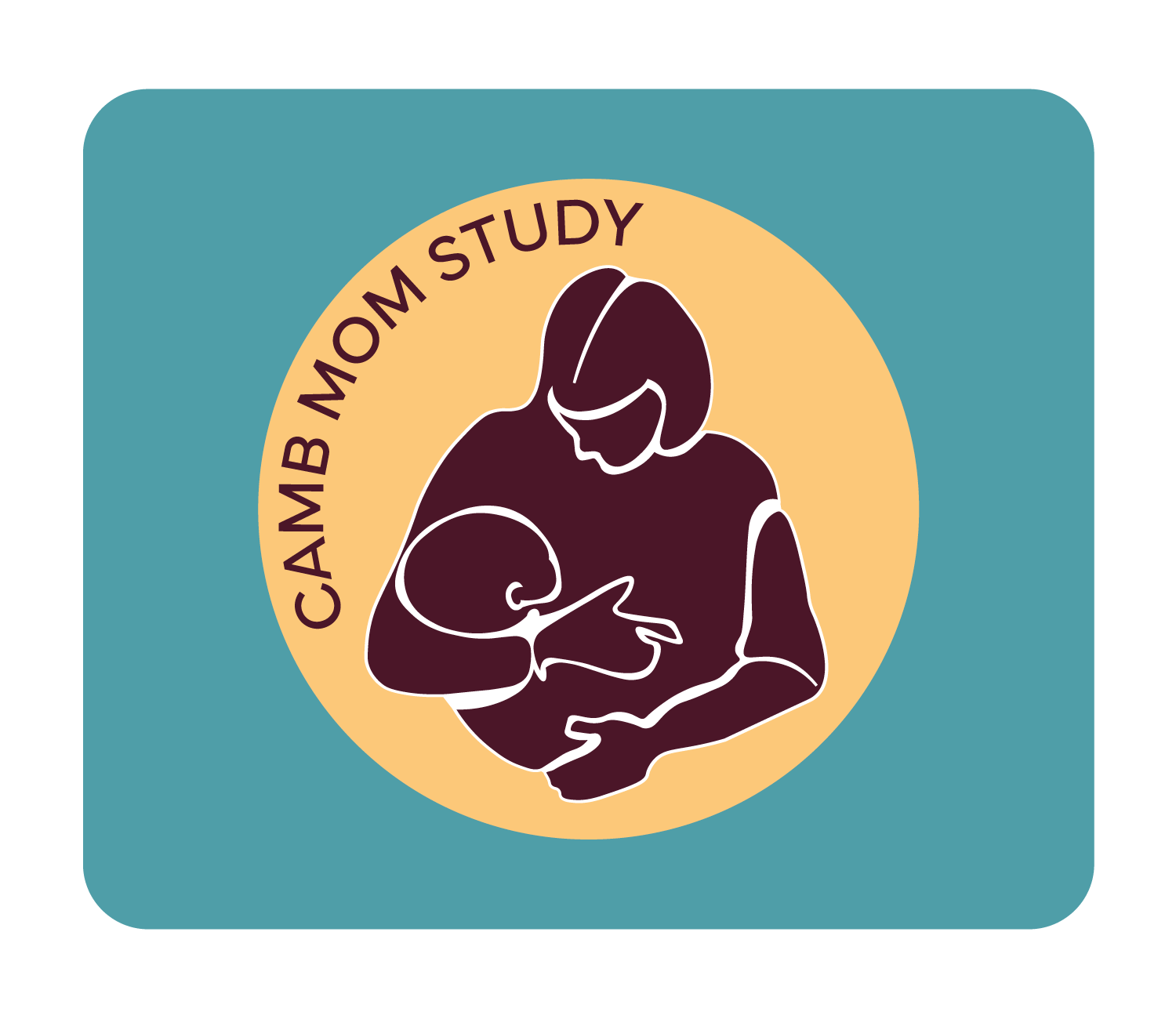
CAMBRIDGE LACTATION LAB
Using innovative models to study human milk production
Understanding Human Lactation
The early days of life sets the scene for an individual's long-term health. Human milk provides the best source of nutritional, developmental and immune support for the infant; thus, breastfeeding is recommended by the World Health Organisation for the first 12 months of an infant's life. Despite the clear importance of human lactation, it remains a greatly understudied area. Supported by a UKRI Future Leaders Fellowship, Dr Alecia-Jane Twigger leads the Cambridge Lactation Lab to develop innovative lab-grown and computational models of human lactation to study milk production.
Working with cutting-edge scientific tools, our mission is to understand how human lactation works. We aim to identify strategies to improve breastfeeding, particularly in women with low supply, to improve the long-term health outcomes of women and children.

We collect data on human milk samples in the CAMB MOM study to enhance our laboratory-based models of human lactation. Furthermore, using computational models, we will provide greater insights into the influence of genetics, ancestry, and metabolic predispositions on milk synthesis and secretion.
Get involved
-

I would like to join CLL
If you are a prospective student or looking to work with us, click here to learn more about current or upcoming opportunities.
-

I would like to participate
If you are interested in participating in our research studies either through providing samples or joining our patient participant involvement group click here.
-

I would like to collaborate with CLL
If you are looking to collaborate with us check out our foundational research by clicking here.

